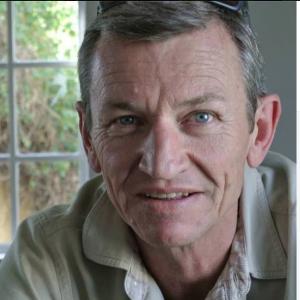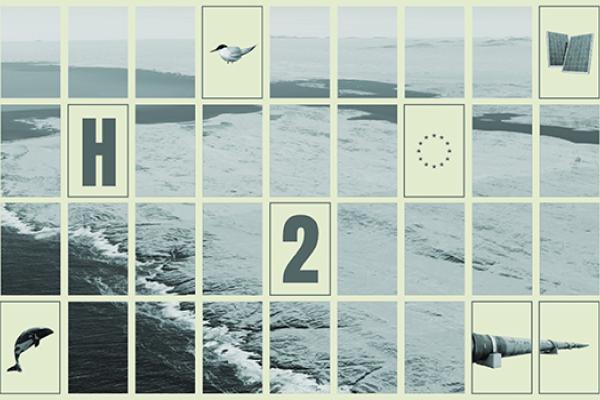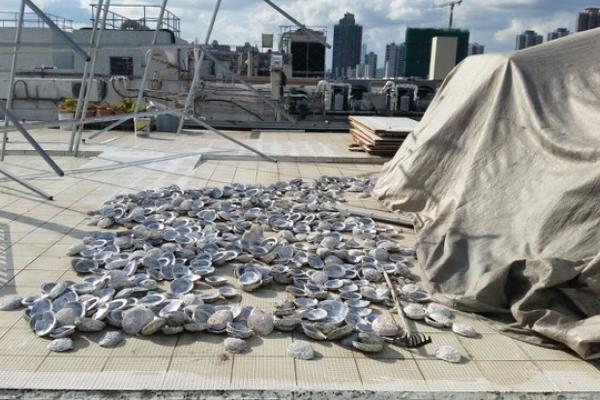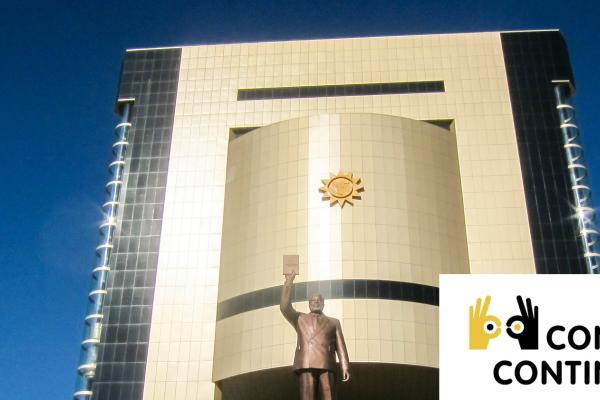John Grobler is a veteran investigative reporter based in Windhoek, Namibia, from where he has written for South Africa’s Mail & Guardian as well as The New York Times, The Guardian, Le Monde Diplomatique, and others.
He is a co-founder of the Forum for African Investigative Reporters.
John Grobler has been reporting on the interface between natural resource exploitation and organised crime in Africa for past 25 years. He is a past winner of several international media awards, including a CNN award for business reporting and is an Alfred Friendly Fellowship alumni.
He writes for a variety of local and international publications on general news, mining and energy, with a specific interest on the overlap between natural resource exploitation, corruption and organised crime. His interest in environmental investigations dates back to the mid-1990s.
His current work in this field was prompted by the return of rhino poaching in Namibia, which has the single-largest population of critically endangered black rhinos in the world. He won the Environment Award at the CNN MultiChoice African Journalist Awards in 2016 for his ongoing investigations into rhino poaching in Namibia.



